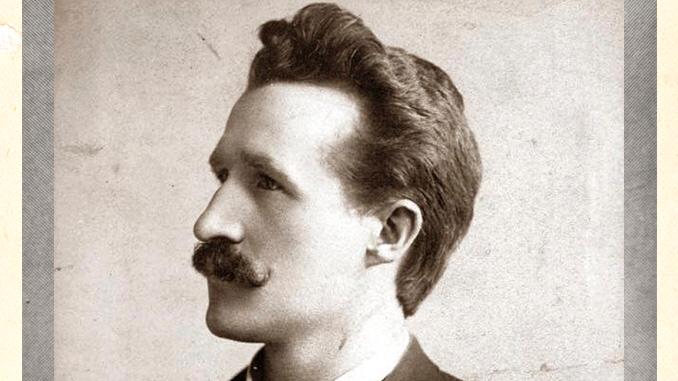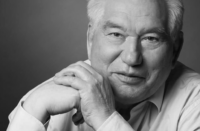August Spies, one of the Haymarket Martyrs who fought for an-eight-hour working day, said, “You can stamp out the spark, but the ground on which you stand is on fire.”
May Day is the festival of the working class—the only day the whole world celebrates beyond boundaries of religion, caste, colour, sex, race or any other denomination. This year’s May Day is special in many ways, as rallies and the association of people were prohibited during the pandemic.
History shows us that May Day rallies gain momentum during a time of crisis. A big drive for unionisation happened after the “Great Depression” of the 1930s. During recent times the crisis of capitalism, exacerbated by the pandemic and by the war in Ukraine, has caused high inflation, and, as usual, the working class is bearing the brunt.
The mainstream media are focused on Will Smith’s slap during the Oscar Awards, or on Johnny Depp’s case, while there are 2.7 billion people on the planet who are hungry. That number has further increased from the pandemic and the war in Ukraine.
The corporate media never threw light on Chris Smalls’ effort, which many said was impossible, to form a union in Amazon—the epitome of corporate exploitation. But he succeeded in forming the Amazon Labour Union, which is a mammoth achievement and adds colour to this year’s May Day.
It is during this period that we are celebrating May Day. It’s not just a celebration for the eight-hour working day but also a reflection on unemployment and poverty, the reasons behind them, and the way forward.
In one of the longest chapters in Capital, Marx writes: “In the history of capitalist production, the determination of what is a working day presents itself as the result of a struggle, a struggle between the capitalist class and the working class.” He also cites a report by R. J. Saunders, an English factory inspector, in 1848: “Further steps towards a reformation of society can never be carried out with any hope of success, unless the hours of labour be limited, and the prescribed limit strictly enforced.”
Marx also mentions the resolution of the International Working Men’s Association at the Geneva Congress, which said, “A preliminary condition, without which all further attempts at improvement and emancipation must prove abortive, is the limitation of the working day.”
So it is the class struggle that achieved eight hours’ work, eight hours’ recreation, and eight hours’ sleep. This is very important, and not granted by the providence of the capitalists. But in recent times the eight-hour working day has been abolished in many Third World countries, while the right to form unions and the right to collective bargaining is being bulldozed. The rights gained by the sacrifice of martyrs are snatched away.
On May Day we remember with gratitude the martyrs Albert Parsons, George Engel, August Spies, and Adolf Fischer, who were hanged, Samuel Fielden and Michael Schwab, who were sentenced to life imprisonment, Louis Lingg, who took his own life in prison, and the victims of the Haymarket massacre.
The last words of Albert Parsons are written on the Haymarket Martyrs Memorial: “The day will come when our silence will be more powerful than the voices you strangle today.”
Workers all over the world are breaking their silence and organising themselves. The capitalists can only stamp on the spark, but the fire is still alive.






